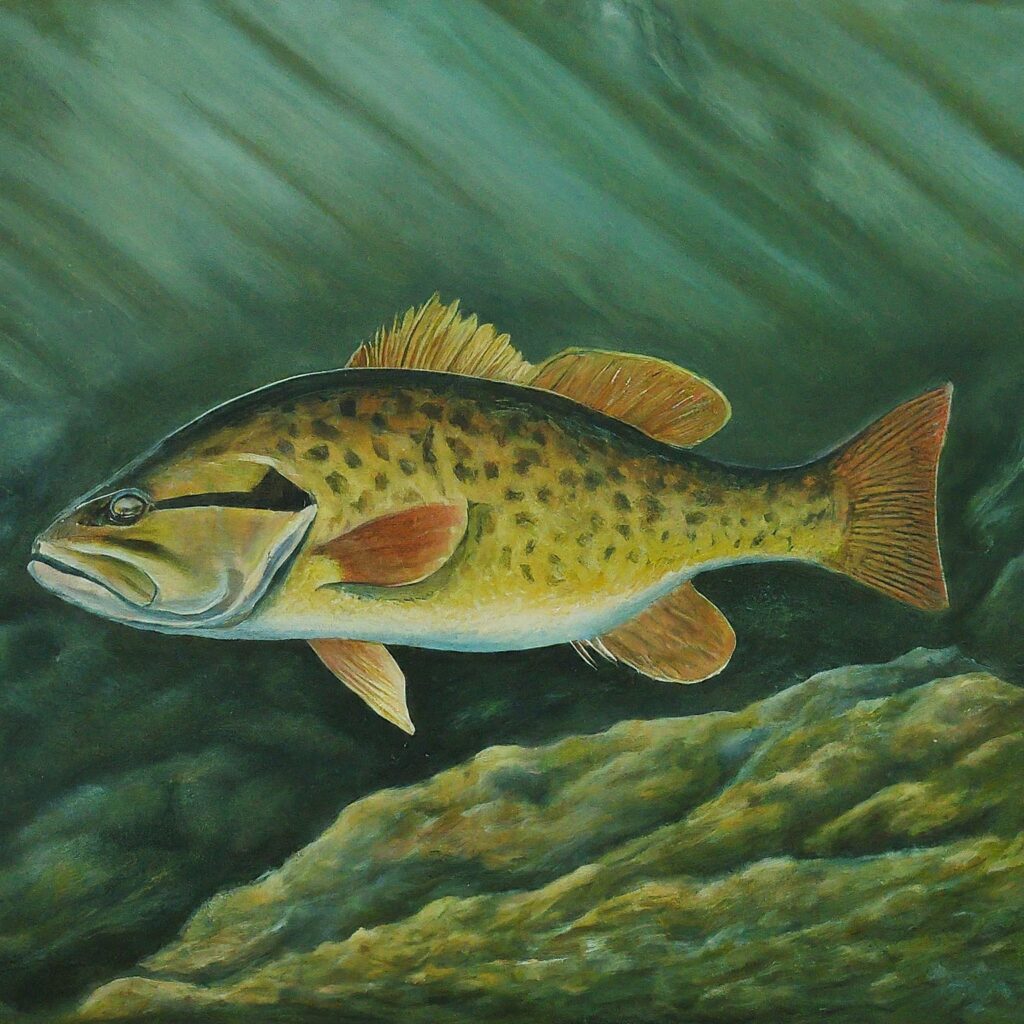“Hello, everyone! Welcome back to Idiomspoint. Today we’re diving into the fascinating world of relationships through the lens of language.
They say ‘love is blind,’ and through idioms, we unravel the intricate threads that weave the fabric of human connections. In this video, we’ve gathered ’20 Idioms About Relationships’ that paint vivid pictures of the highs, lows, and everything in between. From ‘having a heart of gold’ to ‘mending fences,’ these idioms offer glimpses into the rollercoaster ride of love, friendship, and companionship.
So, grab your cup of tea or coffee, sit back, and let’s embark on this journey through the rich tapestry of expressions that capture the essence of human connection. Without further ado, let’s unravel the secrets hidden within ’20 Idioms About Relationships’!”








